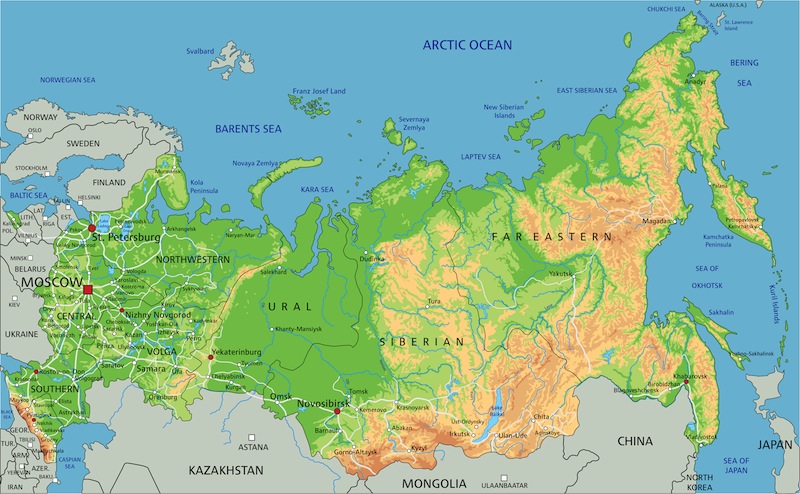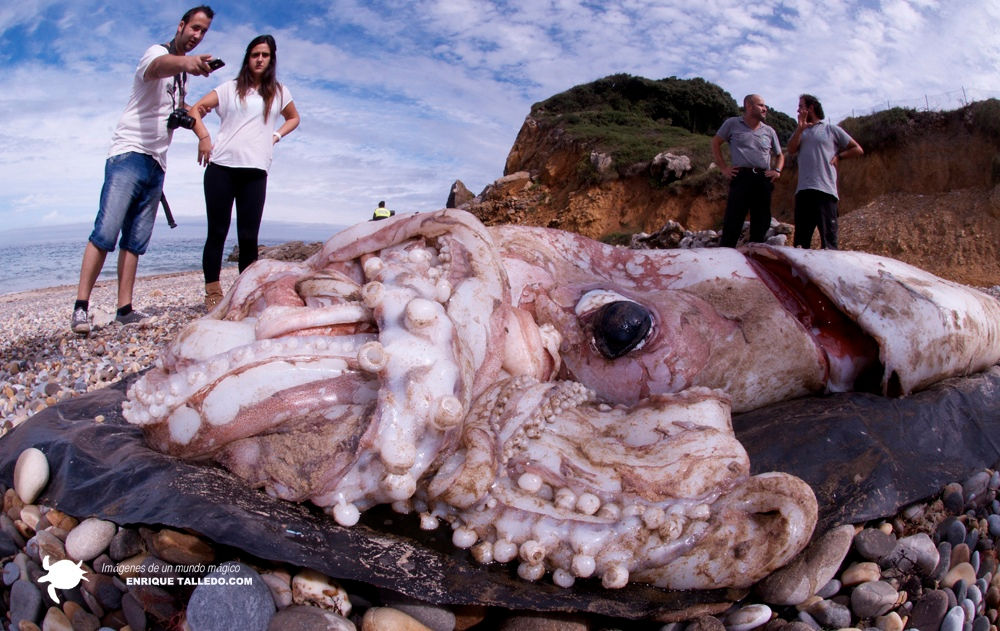13 Bizarre Things That Washed Up on Beaches
Thousands of snowballs

A beach in Siberia was recently blanketed by something unexpected — scores of orb-like snowballs in sizes ranging from that of a tennis ball to nearly 3 feet (1 meter) in diameter.
Local news reports described the balls first appearing on the ice-covered beach in late October, with the spheres shaped by winds and the movement of the tides. Though this is a natural phenomenon, it is quite rare, with long-time residents in the area reporting that they had never seen it before.
Giant squid

Enormous squids that dwell in the deep ocean are rarely seen by people — unless they happen to die and wash up on land, as did a giant squid (Architeuthis dux), the largest known invertebrate, in 2013.
The sizable beast beached in October at the La Arena beach in Cantabria, Spain; it measured 30 feet (9 meters) in length and weighed a staggering 400 pounds (180 kilograms).
Robot hand

The organization Underwater New York, a digital multimedia art journal, features works inspired by unusual objects that wash up on shores and lurk in the depths of waterways around New York City.
One of its recently documented finds — a lonely mechanical hand with articulated fingers — was spotted on the shore of Great Kills Park Beach, in Staten Island. Other peculiar submerged discoveries mentioned by the journal include a grand piano and dead giraffe, both of which were found in Lower New York Bay.
Sign up for the Live Science daily newsletter now
Get the world’s most fascinating discoveries delivered straight to your inbox.

Mindy Weisberger is an editor at Scholastic and a former Live Science channel editor and senior writer. She has reported on general science, covering climate change, paleontology, biology and space. Mindy studied film at Columbia University; prior to Live Science she produced, wrote and directed media for the American Museum of Natural History in New York City. Her videos about dinosaurs, astrophysics, biodiversity and evolution appear in museums and science centers worldwide, earning awards such as the CINE Golden Eagle and the Communicator Award of Excellence. Her writing has also appeared in Scientific American, The Washington Post and How It Works Magazine. Her book "Rise of the Zombie Bugs: The Surprising Science of Parasitic Mind Control" will be published in spring 2025 by Johns Hopkins University Press.










